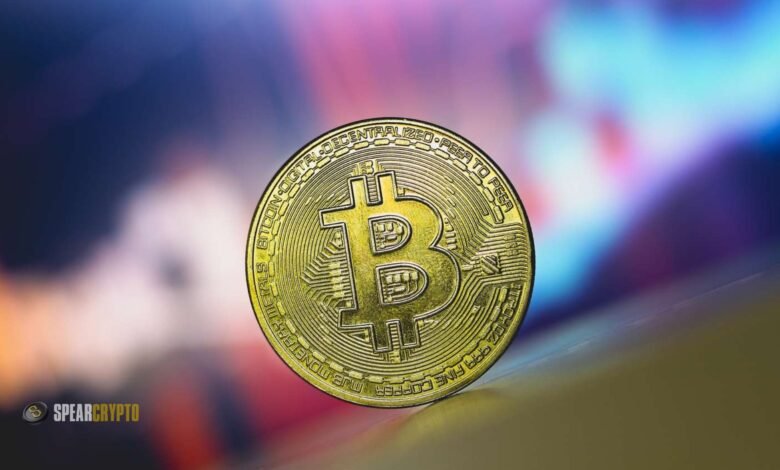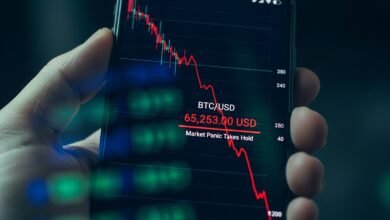
The Bitcoin Act of 2024 is an effort by the US government to further establish itself as a frontrunner in financial innovation on a worldwide scale. Senator Cynthia Lummis of Washington state has introduced a bill allowing the federal government to purchase one million bitcoins over five years. This strategic move is intended to do more than play around with money; it’s a calculated attempt to strengthen the currency, which spreads out the country’s investments and provides economic stability in the face of global inflationary pressures.
Why Does This Matter?
The value of Bitcoin as a store of value has never been more apparent than it is now, as its price soared beyond $93,000. The measure presents Bitcoin as a protective asset against economic volatility in addition to a medium of trade. By amassing a Bitcoin reserve, the United States hopes to safeguard its financial interests and maintain its position as a global leader in the cryptocurrency industry.
A Step Toward Crypto Integration
The passage of the Bitcoin Act of 2024 might herald a potential sea change in the way governments perceive and employ digital currencies. Because it influences global financial systems, this project may determine how cryptocurrencies can be adopted in the future, both in the United States and elsewhere.
The Rationale Behind Building a Bitcoin Reserve
The proposition is that the United States may diversify its financial holdings and boost. The dollar’s buying power by purchasing Bitcoin gave rise to a national reserve. The United States government is looking for new ways to guarantee economic stability in this age of worldwide inflation and financial volatility. With its deflationary features and a finite number of 21 million coins, Bitcoin offers a chance to preserve value and accumulate wealth over time.
Adding a Bitcoin reserve to the mix might also put America at the forefront of financial and tech innovation. If it adopts blockchain technology and cryptocurrency, the United States will gain a competitive edge, investment, and new ideas. According to Senator Lummis, a national reserve of digital assets could encourage innovation in the financial industry and support. The adoption of cutting-edge technology across many other sectors.
Strategic Plan for Acquisition and Safeguarding
The Bitcoin Act outlines a thorough strategy for administering this historic purchase. To prevent the market from being impacted by sudden price spikes or volatility. The plan calls for regulated, small-scale purchases of Bitcoin spread out over five years. This strategy is being implemented in stages to prevent massive market disruptions that can affect the dollar’s value.
U.S. officials are concerned about the security of these digital assets. The strategy proposes a decentralized network of vaults and rigorous cybersecurity measures to safeguard. The assets in light of the dangers of cyberattacks and digital fraud. Third-party organizations would undertake regular, open audits to keep the public’s trust and the reserve’s integrity intact. This degree of openness aims to reassure investors and citizens worldwide. The US government is handling its entry into the cryptocurrency industry with care.
Potential Benefits of the Bitcoin Reserve

The US could accrue Several strategic benefits from creating a national Bitcoin reserve. As a first and primary concern, it has the potential to stabilize the economy. Bitcoin is an attractive asset for fighting inflation because of its inherent scarcity, which limits its supply. Rising inflation rates have hit traditional currencies worldwide, but the United States could mitigate some of the damage by owning Bitcoin.
Establishing a Bitcoin reserve might also boost the dollar’s value and solidify its status as the world’s reserve currency. Some say Bitcoin’s status as “digital gold” would give. The United States has a more contemporary way to back its currency than the gold standard did in the past. This might tell investors worldwide that the dollar will be stable in the long run, regardless of what happens to the economy.
Global Implications
Should the Bitcoin Act 2024 pass into law, it would set a historic precedent with global ramifications. Countries like El Salvador have adopted Bitcoin as legal tender, but no nation has pursued a large-scale accumulation of the cryptocurrency as a strategic asset. The U.S.’s potential entry into the Bitcoin market could spur other countries to rethink their approaches to digital assets. This may lead to a new wave of adoption and integration of cryptocurrencies into national reserves, accelerating the transition toward a more digitized global economy.
In Summary
As a piece of progressive financial legislation, the Bitcoin Act 2024 is fearless and innovative. The U.S. government hopes to use digital assets to strengthen the economy, protect against inflation, and improve. The dollar’s position internationally by approving the purchase of up to one million bitcoins. An essential step toward incorporating digital assets into national financial policy, the plan has generated both enthusiasm and concern. The act could alter global views on cryptocurrency adoption and regulation in addition to the American economy if it were to pass.
[sp_easyaccordion id=”3213″]







